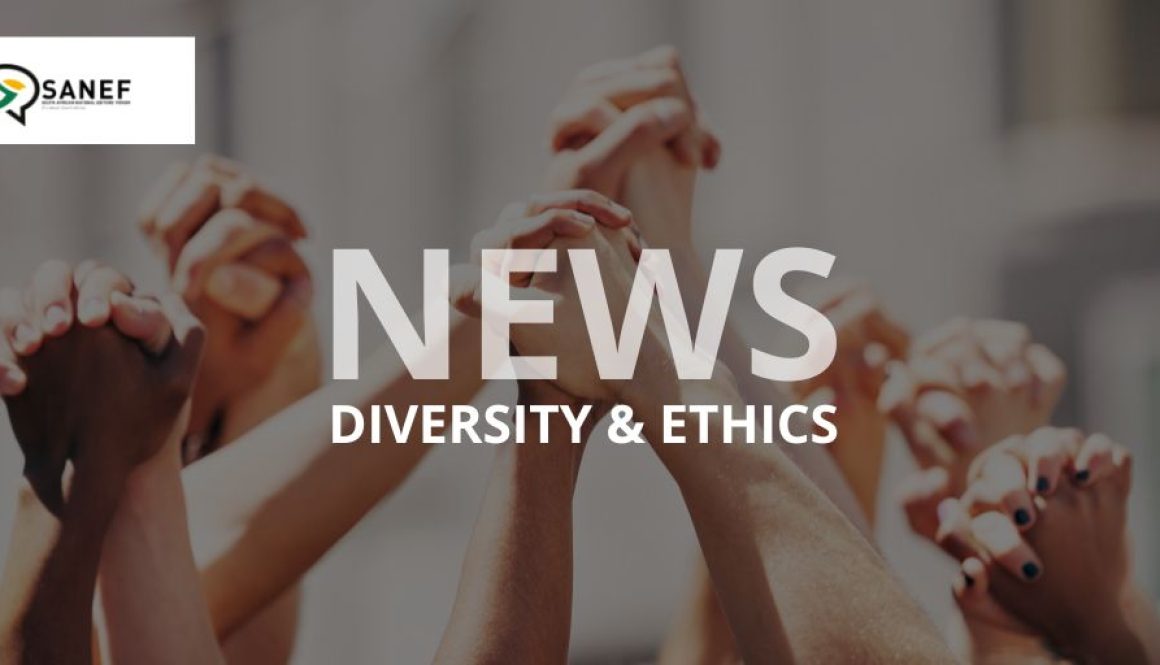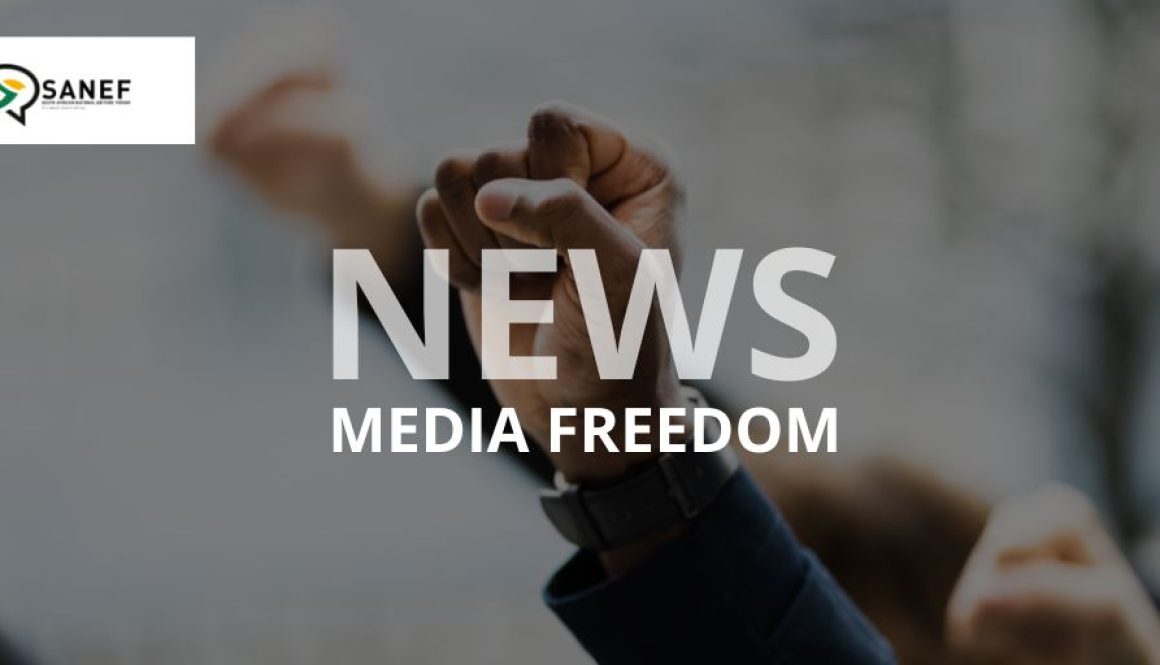In commemoration of Black Wednesday and in celebration of the hard-won media freedom that followed, the South African National Editors’ Forum (SANEF) will host a gala dinner in honour of those who fought for the freedom of the press, and those who continue to do so.
The 3rd Annual SANEF Black Wednesday Gala Dinner will be held at the historic Emoyeni venue in Parktown, Johannesburg, on Friday, October 18, at 18:30.
The keynote address will be delivered by Deputy Governor of the Reserve Bank Kuben Naidoo, who also serves as the head of the newly established Prudential Authority.
The gala dinner is an opportunity to remember October 19, 1977 – a dark day in the country’s history when the apartheid regime extended its repression and unleashed unprecedented brutality on journalists and the media industry.
The dinner also honours those who fought for the media freedoms we enjoy today, despite the personal and professional risks they faced. On that Wednesday in 1977, in a bid to gag the media, then-Minister of Justice Jimmy Kruger banned several newspapers, as well as various black consciousness and pro-democracy organisations. Prominent editors and journalists were arrested, detained, assaulted, tortured. Many who were released were slapped with five-year banning orders and placed under house arrest.
This crackdown on media freedom and freedom of speech triggered years of resistance that rippled through South Africa and Africa, laying the groundwork for the current fight for media freedom and freedom of expression.
“We extend the commemoration to all journalists and editors that were harassed throughout the apartheid era,” says SANEF Chairperson Mahlatse Mahlase.
“SANEF has been holding an annual Black Wednesday Gala Dinner since 2016, which has now become one of the most popular and important events on our calendar.”
Over the years, SANEF has championed media freedom and fought to ensure that journalists are safe and protected in the course of speaking truth to power. The fight has evolved and expanded to include organisational diversity and insist upon the highest standards of media ethics and journalistic quality.
“We hold a dinner to remember that day – and the apartheid period – and to celebrate how far we have come,” Mahlase explains. “It is an occasion to look at the current media freedom environment and on further attempts to encroach on the media’s constitutional right to report without fear or favour.”
“The media also faces new challenges including rebuilding trust with the public at a time where allegations of bribery are surfacing and casting a dark cloud on the integrity and credibility of the journalism craft.”
“As part of ensuring that we are held accountable, SANEF has instituted an inquiry led by a retired Judge Kathleen Satchwell to contribute towards building on high ethical standards because a sure sign of professionalism and responsible journalism is the ability to hold ourselves accountable.” She explains.
The dinner, she says, is also an opportunity to network and to raise funds for SANEF’s Media Freedom Defence Fund. The fund was established to fund legal challenges that arise in defence of media freedom and to assist in covering the legal costs against journalists and media organisations embroiled in these battles.
This fund has been used for several important, high-profile legal cases, including the legal battle against populist grouping Black First, Land First after its members openly threatened, harassed and attacked several journalists and editors in 2017.
Another recent example of the Defence Fund in action is SANEF’s ongoing case against the Economic Freedom Fighters (EFF) and its leader, Julius Malema, in the Equality Court. The matter, which deals with chilling, misogynist online abuse and harassment perpetrated by party members and leaders and aimed at members of the media who had been named by Malema.
The matter was heard in August this year and judgement was reserved. Legal cases and policy work have collectively cost SANEF more than R2m since 2017.
According to Mahlase, the work done is significant, not only for media practitioners but for the country. “The fund supports a significant amount of policy and legislative work. This is pursued to maintain and strengthen our media freedom landscape in the interests of deepening our democracy,” Mahlase explains.
• Members of the public and interested parties wanting to make presentations at the Inquiry should contact the panel via the email address: [email protected]
For more information and interviews contact:
- Mahlatse Mahlase – SANEF Chairperson 083 399-2852
- Judy Sandison – SANEF Media Freedom Committee 082 571-3334
- Sbu Ngalwa – SANEF Media Freedom 073 404 1415
- Janet Heard – SANEF Western Cape SANEF Convenor 078041 9528



